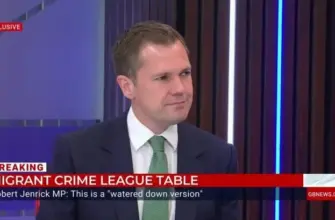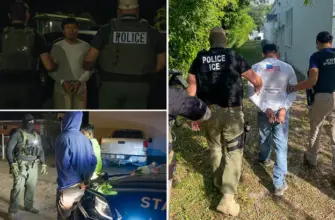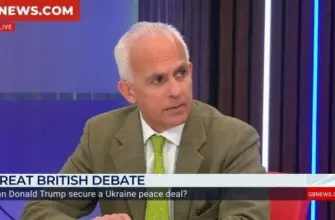A U.S. federal judge has halted efforts by the Trump administration to terminate temporary legal status for approximately 450,000 individuals from Nicaragua, Venezuela, Cuba, and Haiti.
Judge Indira Talwani of the District Court ruled that the Department of Homeland Security misinterpreted existing law when it moved to end the two-year parole granted to these individuals under a policy established by the Biden administration. The judge’s decision prevents their potential exposure to accelerated deportation proceedings.
“What you’re prioritizing is not people coming over the border but the people who followed the rules,” Judge Talwani stated during Thursday’s hearing.
During the legal arguments, Justice Department lawyer Brian Ward maintained that parole programs inherently possess discretionary power. Judge Talwani countered, asserting that any decision to shorten the granted parole period requires a reasoned basis.
“The nub of the problem here is that the secretary, in cutting short the parole period afforded to these individuals, has to have a reasoned decision,” she said.
The initial legal challenge against this policy was launched by immigration advocacy groups when the Trump administration first announced its intention to end the program. This program had been initiated under the Biden administration and allowed migrants from these four nations, along with their families, to travel to the U.S., provided they secured sponsors within the country.
On March 25th, the Trump administration began the process of revoking this temporary legal status.
The program’s parameters included:
- Allowing migrants and their immediate family members to travel to the United States.
- Requiring sponsors in America to vouch for them.
- Providing a two-year period of parole.
The Trump administration ended this policy upon assuming office.



